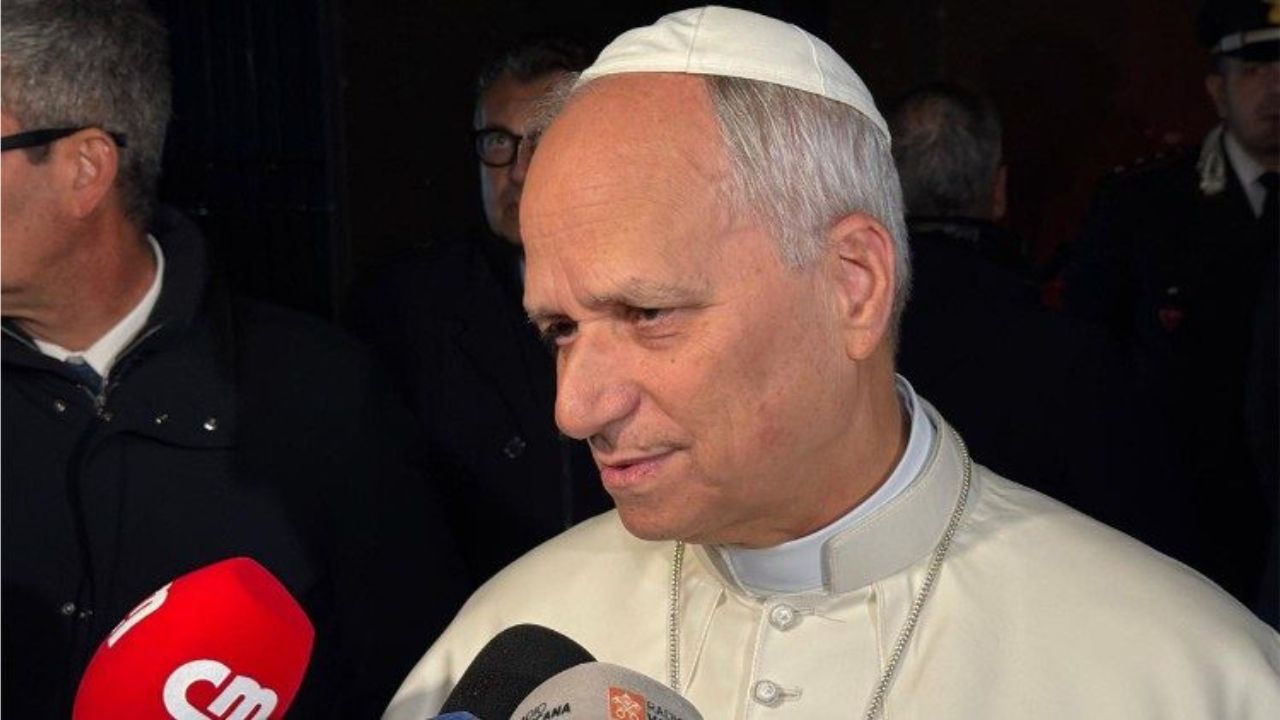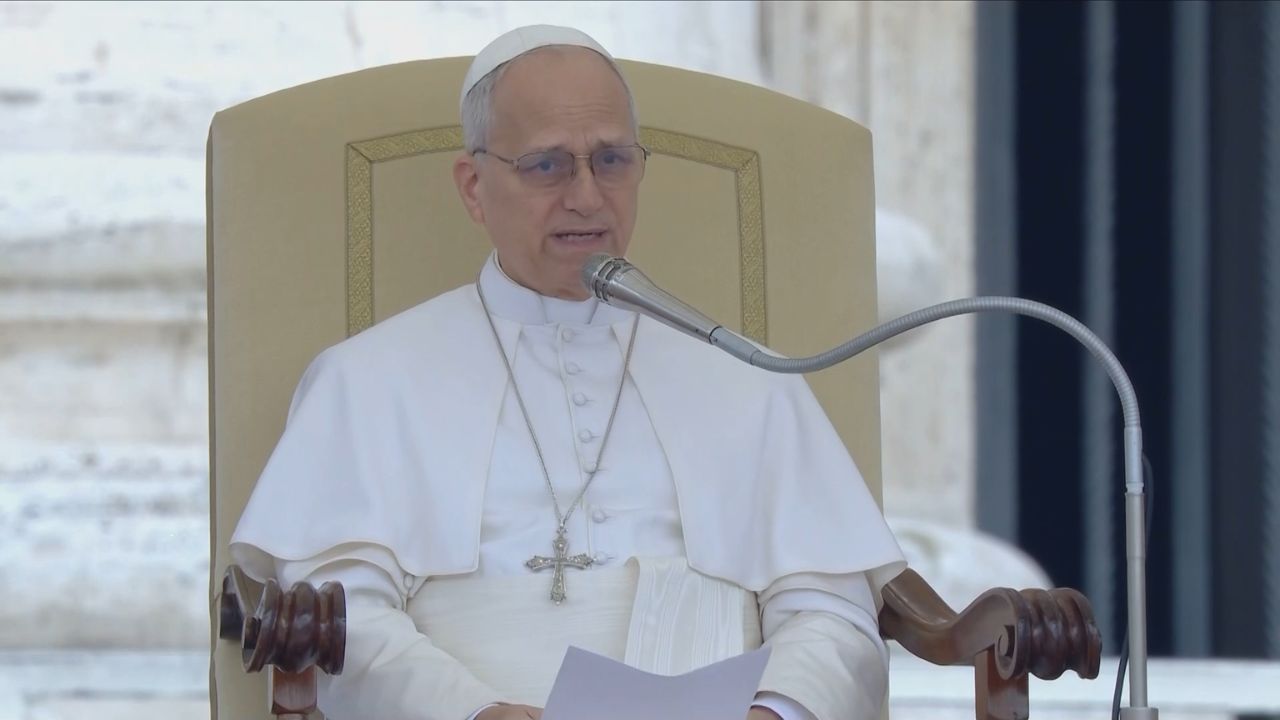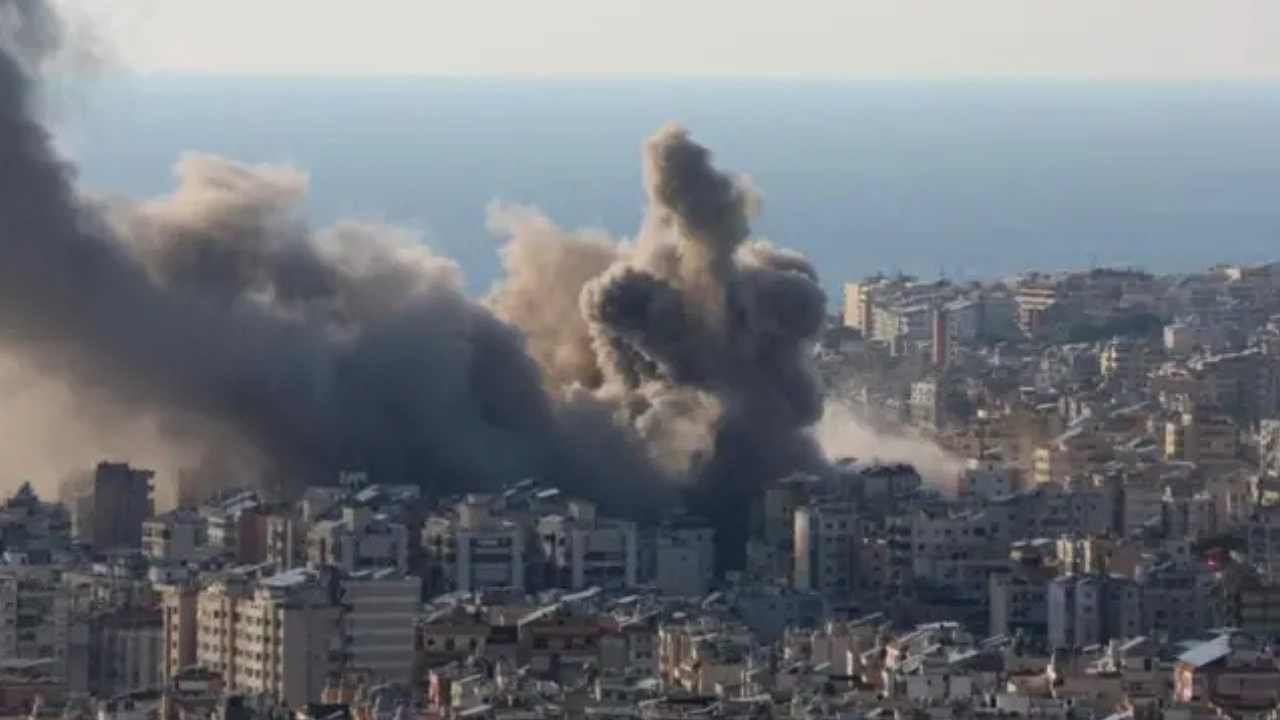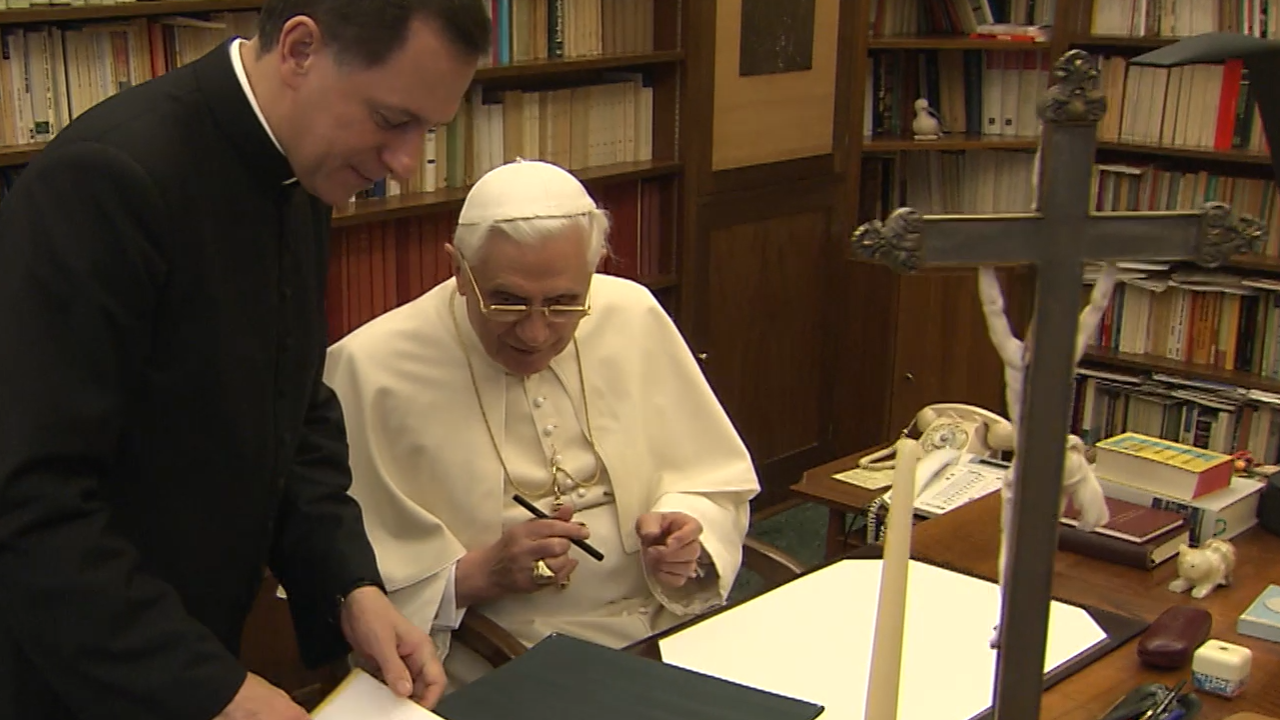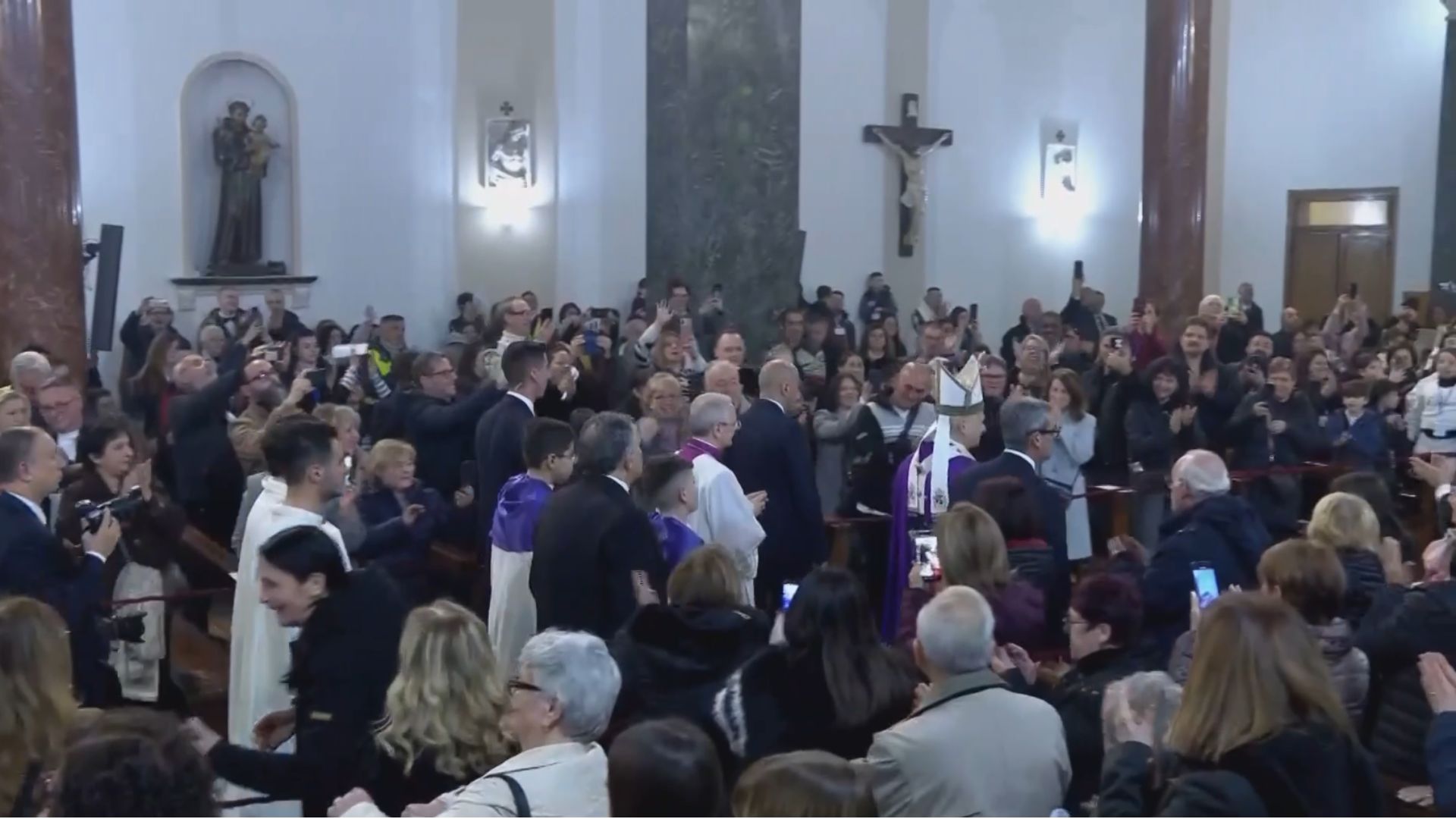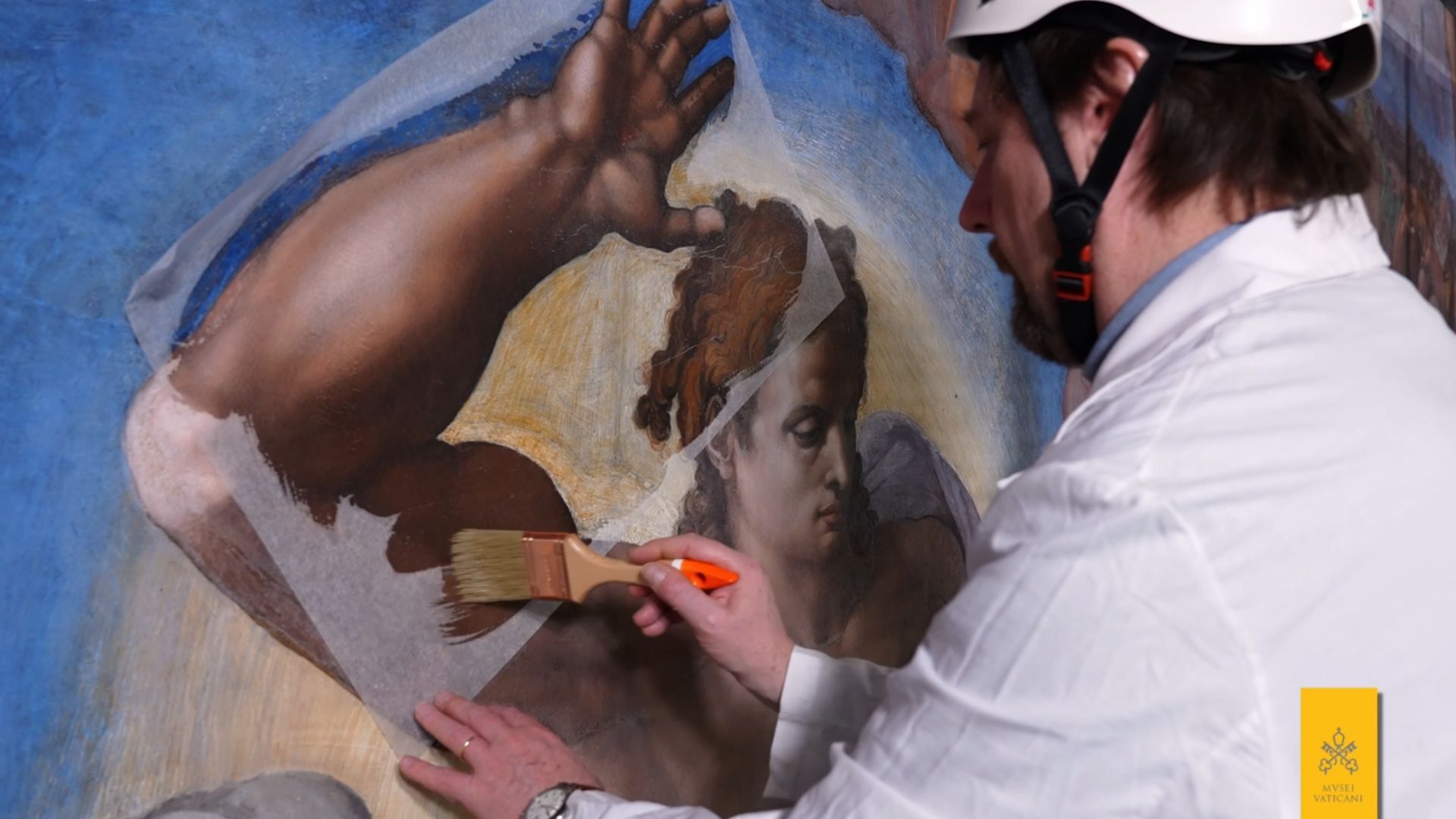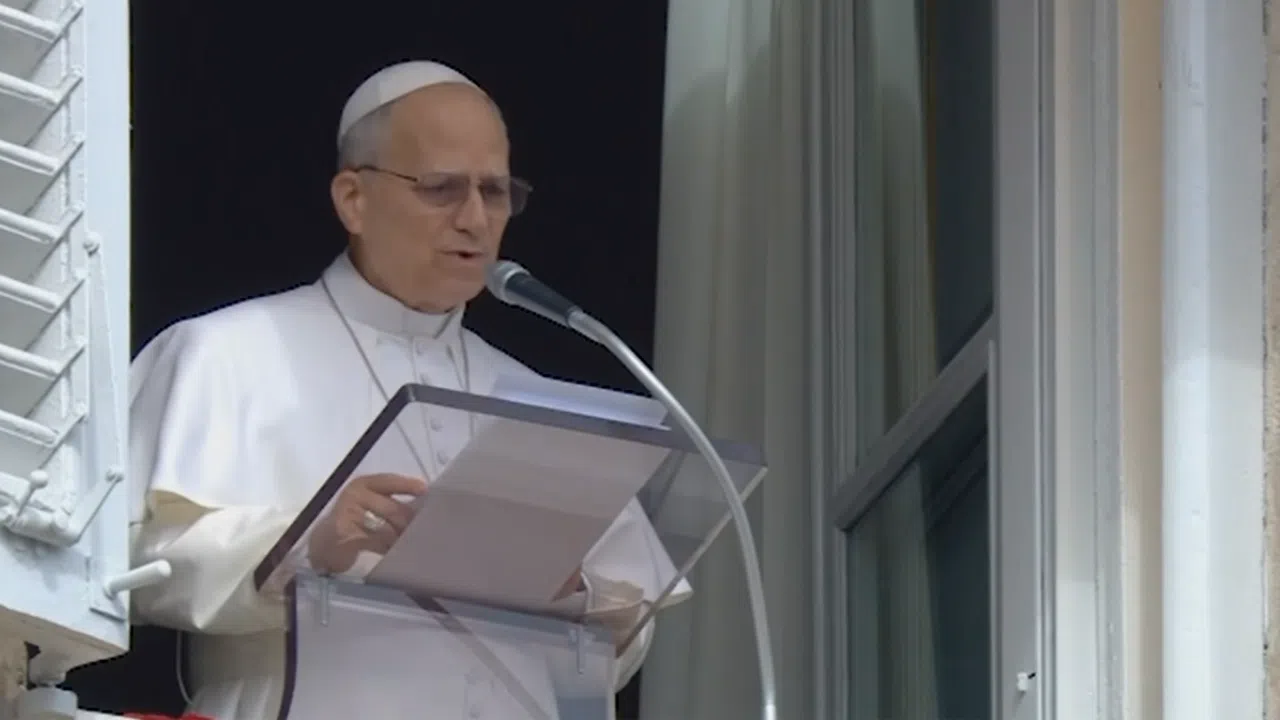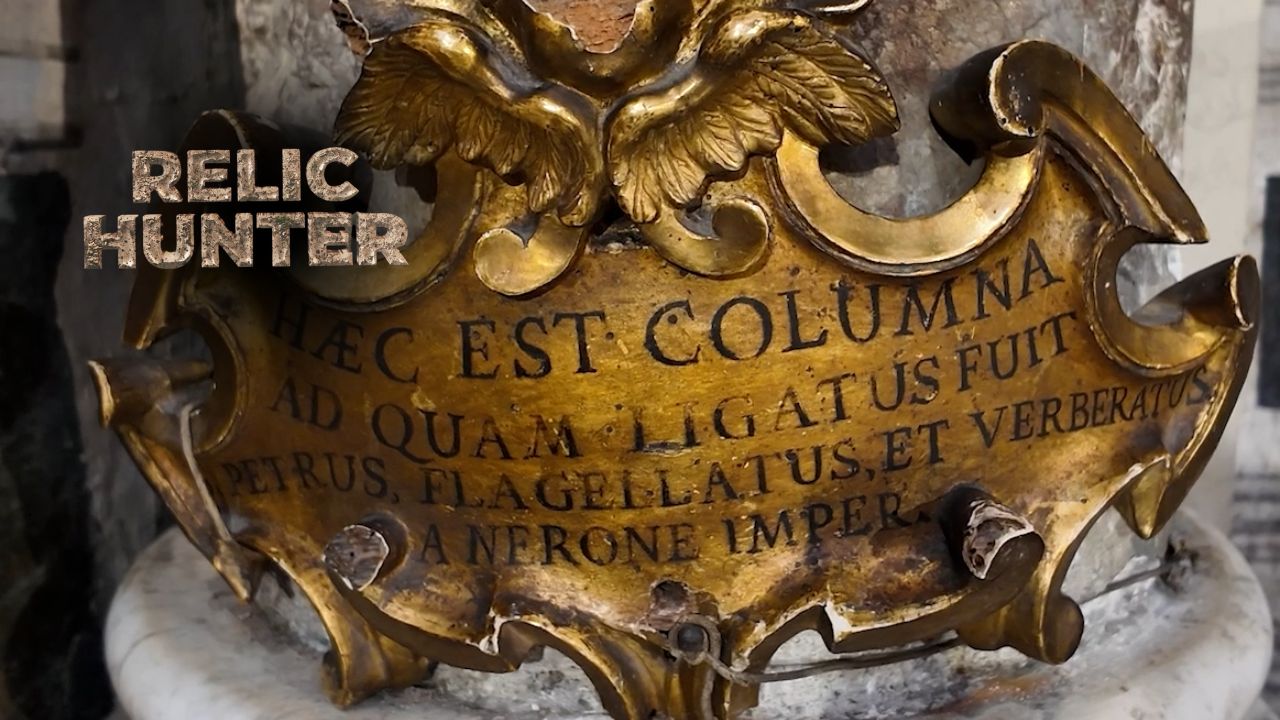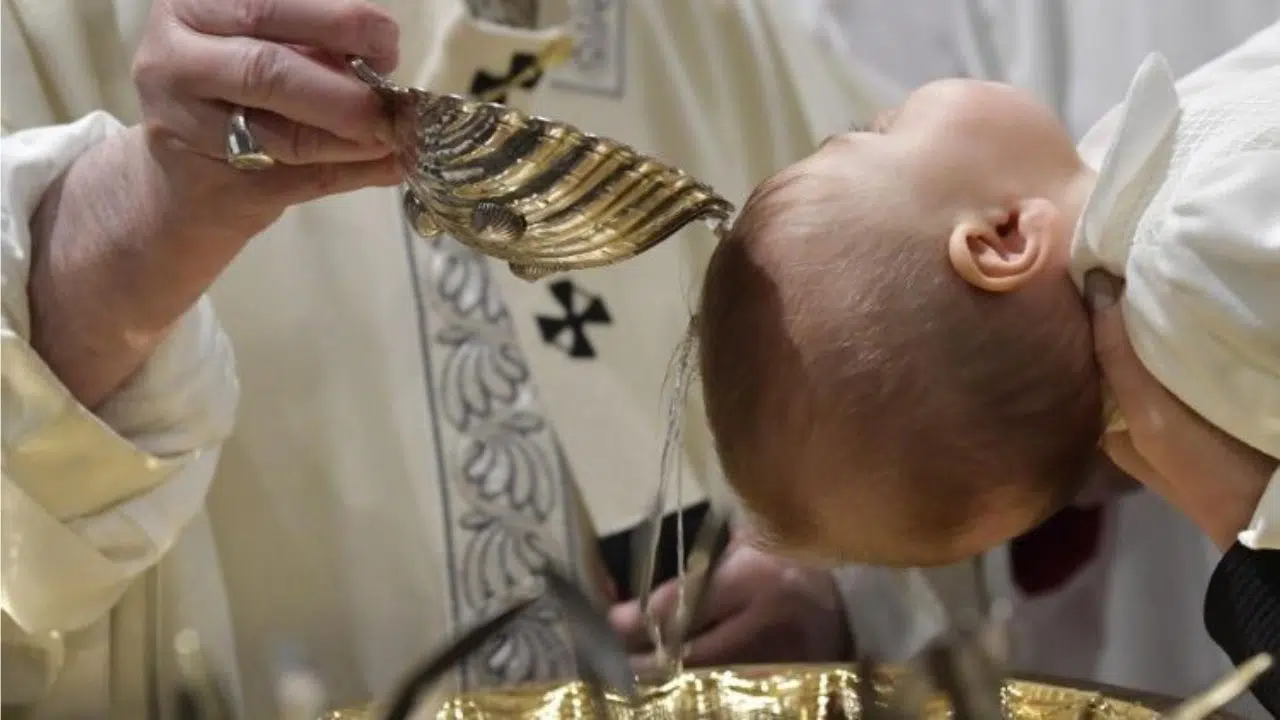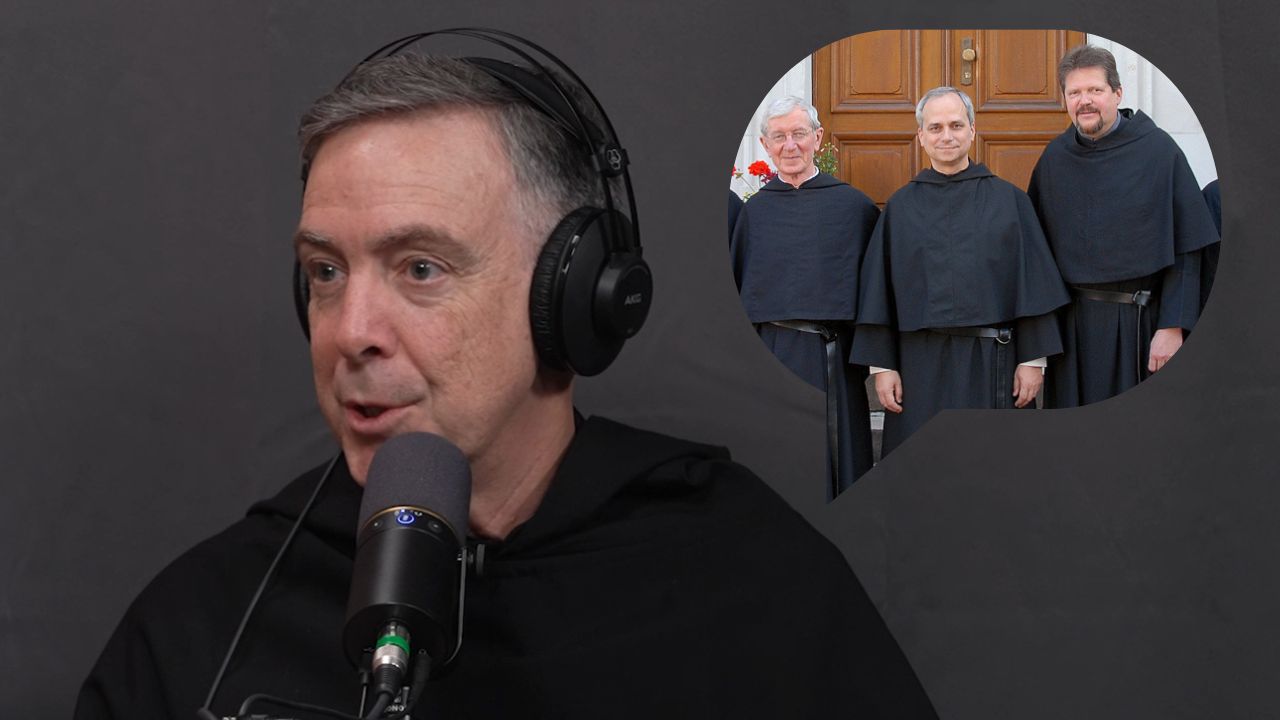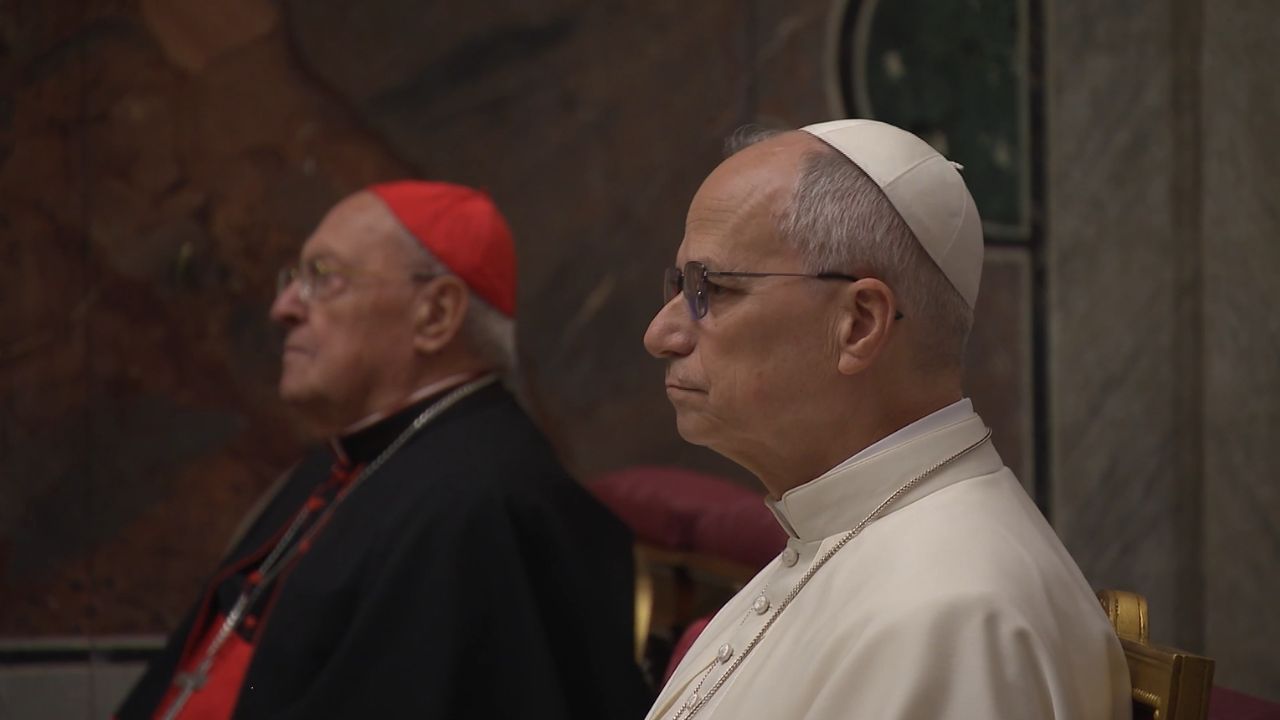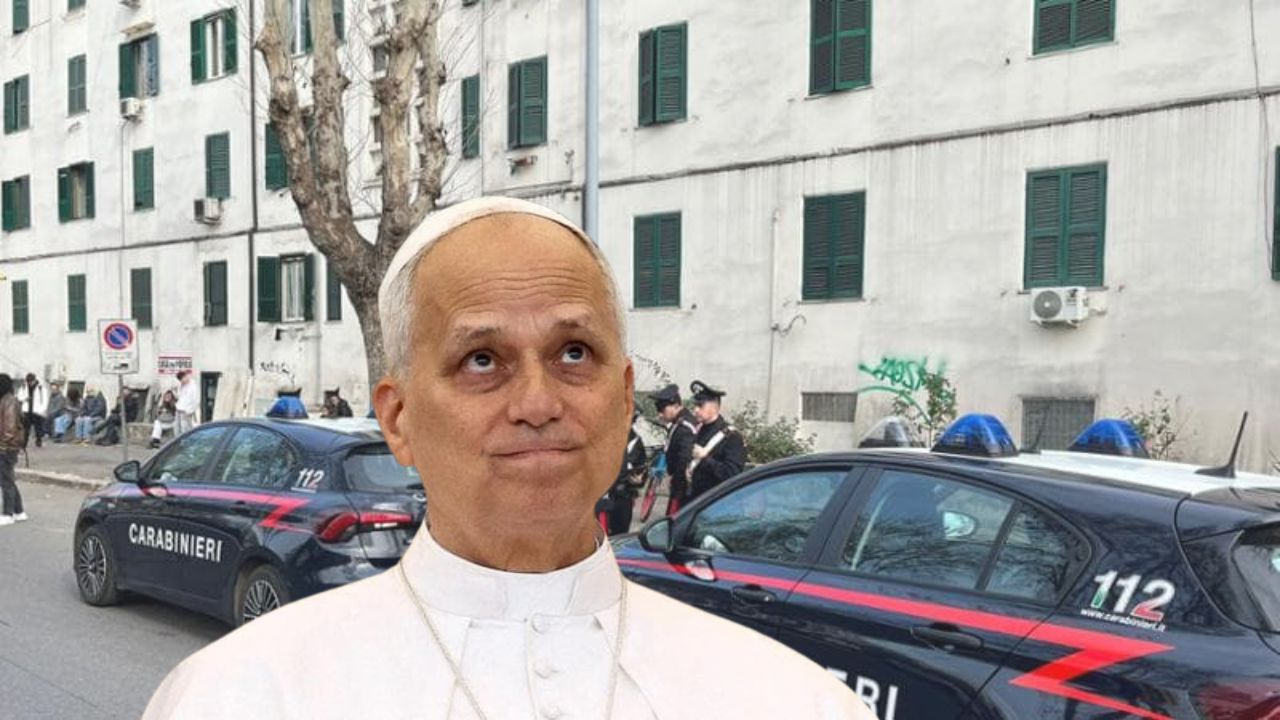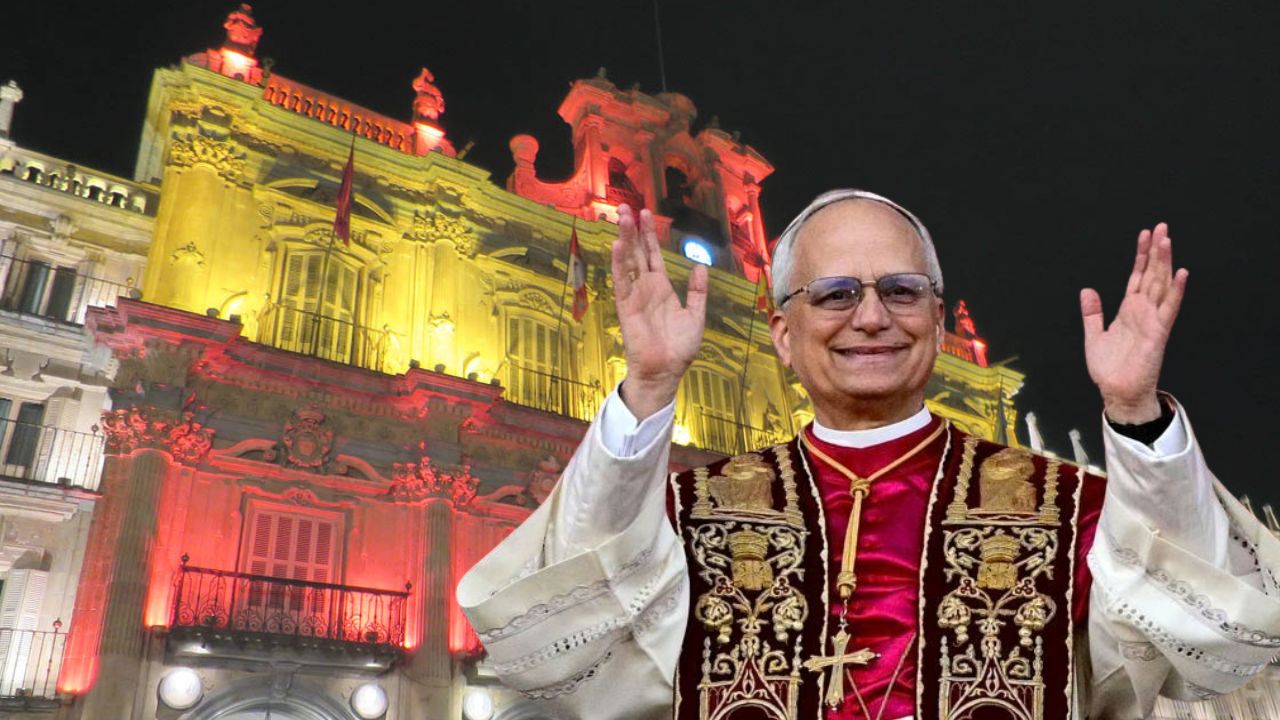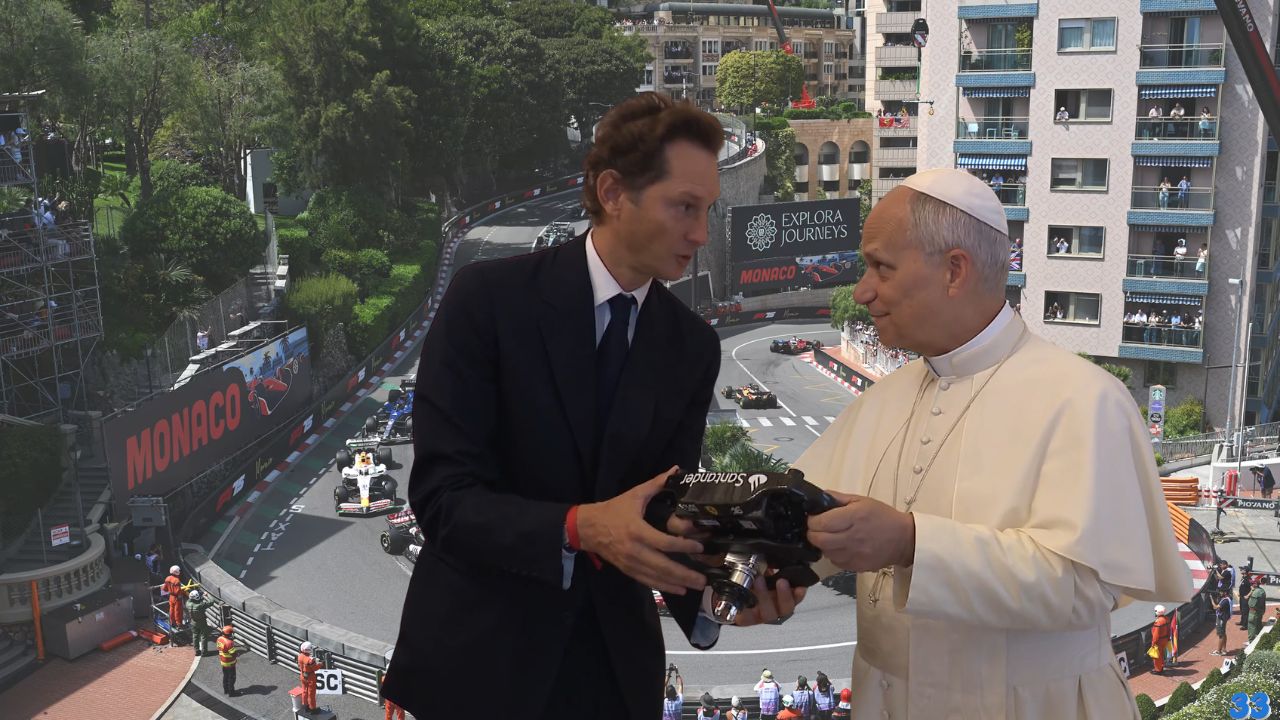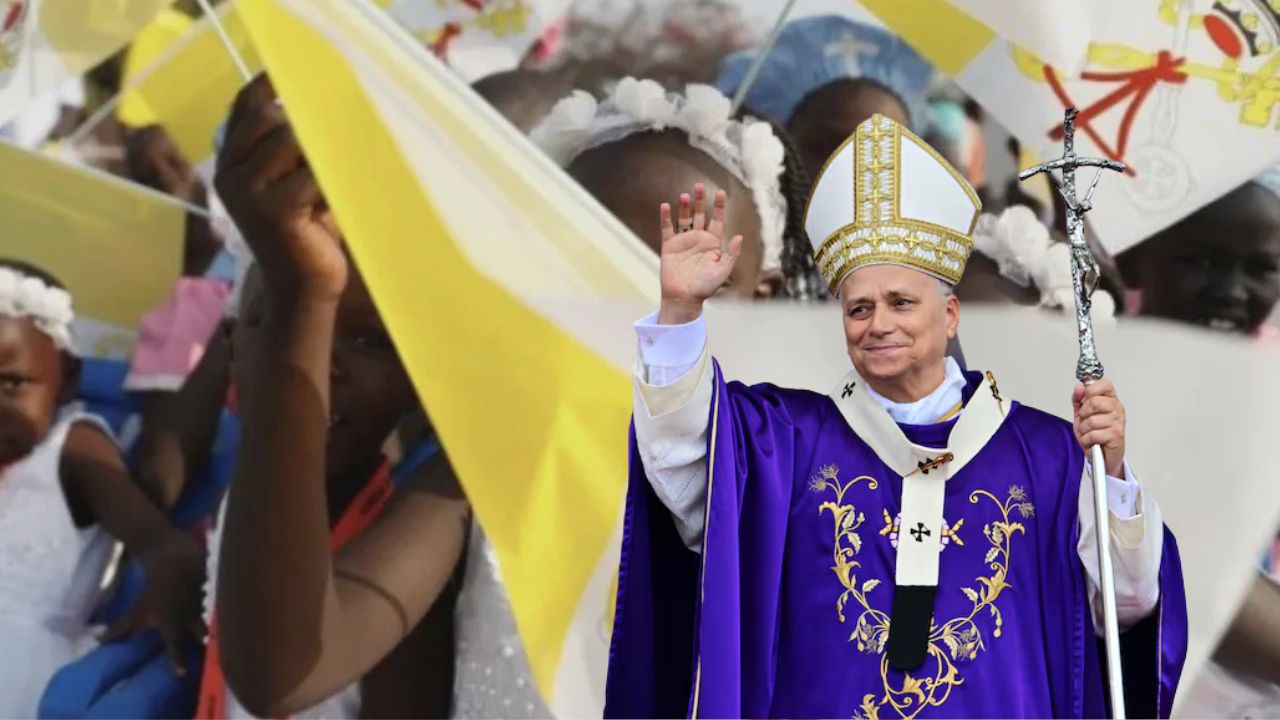The scandal of the London property, which caused millions in losses for the Holy See, led the Vatican completely redefining its investment policy.
After the case broke out, Pope Francis sought to reduce the power of the Secretariat of State—the body that authorized the purchase of the property. This change was reflected in Pope Francis’s apostolic constitution, Praedicate Evangelium, published in March 2022.
What the Argentinian pope established was that APSA (the Administration of the Patrimony of the Apostolic See) would be in charge of administering and managing the assets of the Holy See. Additionally, the financial execution of such operations would be carried out through the IOR, that is, the Vatican Bank.
Only five months later, Pope Francis signed a motu proprio (a papal decree) that made this rule binding: all investment funds had to go exclusively through the IOR and no other institution.
Now, Pope Leo XIV has overturned what Francis had signed. The new pope wants the Vatican Bank to continue playing a central role, but no longer an exclusive one.
For this reason, the motu proprio signed by Pope Leo establishes that, from now on, APSA may turn to financial intermediaries from other countries, not only the IOR.
All of this will still be overseen by the Investment Committee, another body created by Pope Francis in 2022 to ensure that the Vatican invests ethically—or, in other words, according to the Social Doctrine of the Church.
The goal of all these changes is to prevent another situation similar to what happened with the London property investment, which cost the Holy See its credibility and more than 139 million euros.
CA
Trans. CRT
